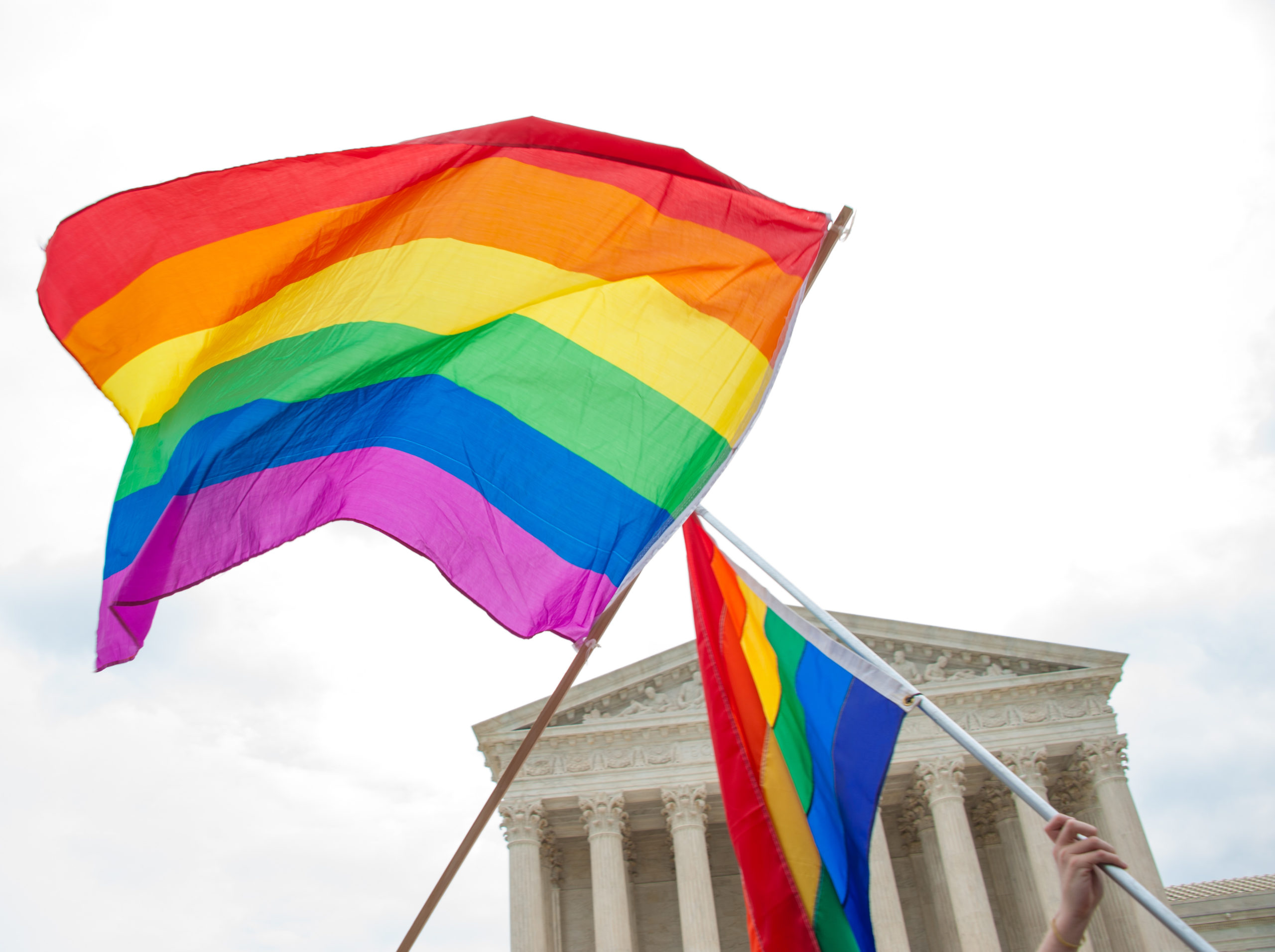The 6th Circuit recently ruled in favor of a professor who violated his university’s policy by refusing to use a transgender student’s preferred pronouns. The case serves as an important reminder that government employees retain their First Amendment rights and there are limits to how much government employers can impose their own views on employees.
Nicholas Meriwether, a professor of philosophy at Shawnee State University, was instructed by his employer to refer to his transgender students by their preferred pronouns, but he objected on religious grounds. Meriwether proposed a compromise: he would refer to transgender students by their last names and make no reference to their sex or gender. However, this compromise was ultimately rejected, and Meriwether was ordered to comply with the policy. Meriwether filed suit and argued that the university policy violated his rights to freedom of speech and free exercise of religion under the First Amendment.
The Court held that the Meriwether’s First Amendment rights applied to his speech in the classroom. He had an interest in expressing his views on a matter of public concern, and this interest was not outweighed by the university’s interest in preventing discrimination, especially because Meriwether proposed an acceptable alternative policy which would not have created a hostile environment for transgender students. As a result, the Court held that the university’s policy violated Meriwether’s free speech rights.
Additionally, the Court held that the university’s policy was biased against Meriwether’s religious beliefs, and therefore violated his First Amendment free exercise of religion rights.
The case has a few takeaways for government employers and employees:
- Public employees retain their First Amendment rights, even in the employment context.
- When a government employee’s speech is regulated, courts use a balancing test: is the employee’s right to speak on a matter of public concern outweighed by the employer’s interest in an efficient workplace?
- Government employers should be hesitant to regulate speech on political, religious, or philosophical positions, especially when they concern controversial matters of public importance.
If you have any questions about the First Amendment, or any area of employment law, contact Thatcher Zavaro & Mani at 301-850-1246. www.ThatcherLaw.com. Follow us on:

